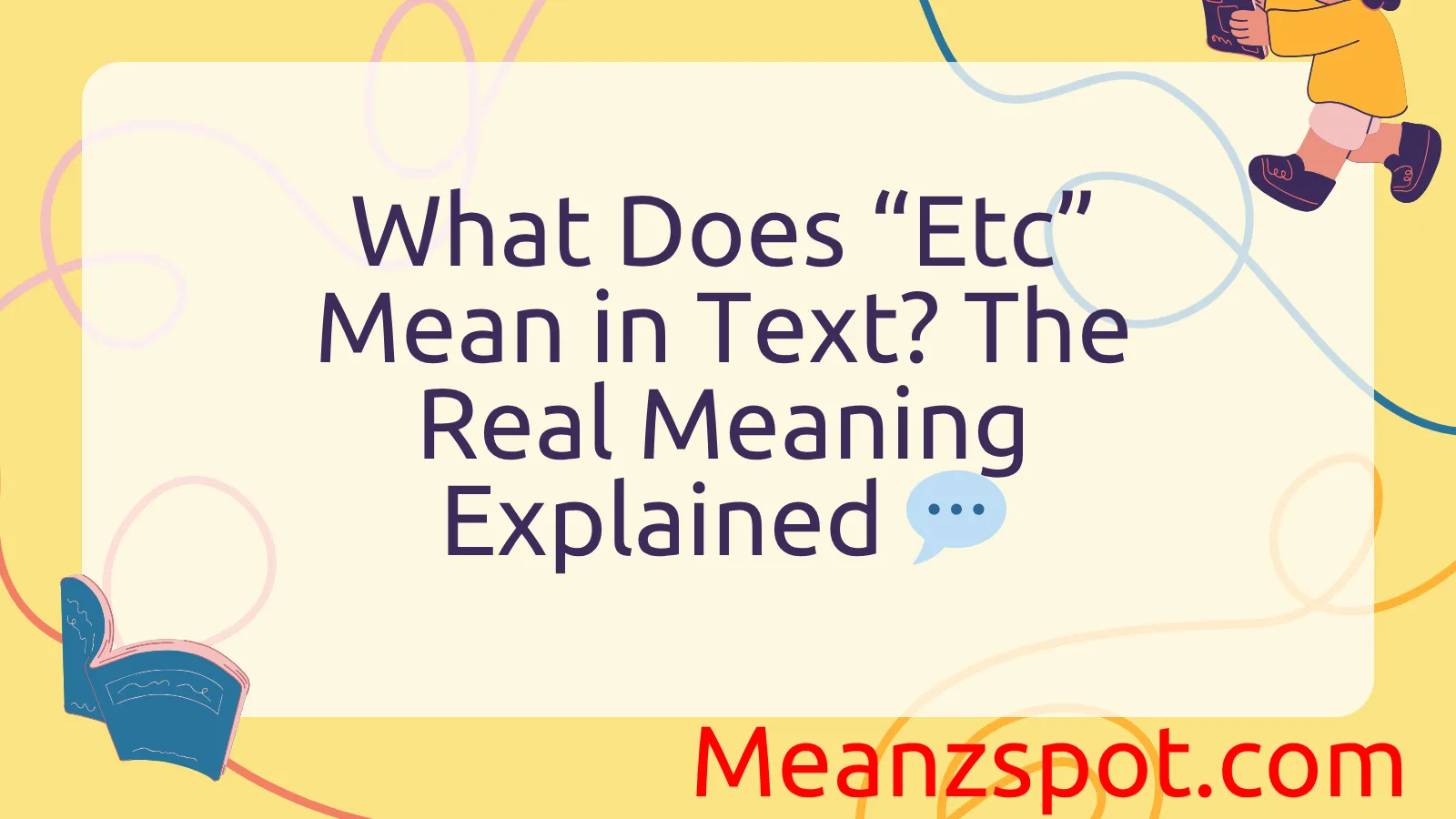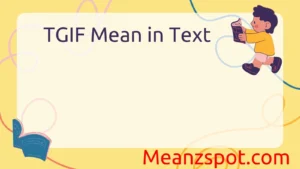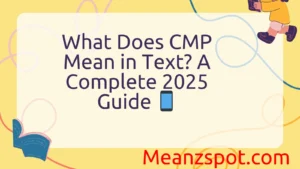Ever seen someone drop “etc” in a text and wondered if they’re ending the convo or just saving time? You’re not the only one! In today’s fast-paced texting world of 2025, abbreviations like “etc” are everywhere — from Snapchat streaks to Instagram captions. But what does it really mean?
The term “etc” comes from the Latin phrase “et cetera,” which literally means “and other things” or “and so on.” In texting, people use “etc” to show there’s more to say without listing everything, keeping messages short and casual. It’s a handy way to say you get the idea without typing it all out.
Whether you’re writing a quick text, posting a funny caption, or replying to a chat thread, knowing how to use “etc” correctly helps your messages sound natural, trendy, and smart. Let’s break down what it means, when to use it, and when it might be better to skip it.
Definitions & Meaning
“Etc.” is short for the Latin phrase et cetera, which literally means “and the rest” or “and so on.” It’s used to indicate that a list could go on without naming every single item.
Basic Meaning:
- “Et” means “and”
- “Cetera” means “the others”
So when you write a sentence like:
“We need to buy fruits like apples, bananas, oranges, etc.”
…it means that there are more fruits in the list, but you’ve chosen not to write them all out.
When to Use “Etc.”:
- When listing items of the same category
- When the remaining items are understood or easy to guess
- To avoid redundancy or make writing concise
When Not to Use It:
- After phrases like “such as,” “for example,” or “including”—since those already imply an incomplete list
- If the rest of the list isn’t obvious or is too broad
- In highly formal or academic writing, unless it’s standard in the field
Common Formats:
- Always followed by a period: even mid-sentence, because it’s an abbreviation
- Sometimes used with a comma before it, depending on the sentence structure
Correct: Bring paper, pens, markers, etc.
Incorrect: Bring paper, pens, etc., and so on. (Redundant)
Origins & History
The term “et cetera” comes from Latin, and its use dates back to ancient Roman times. It was originally used in manuscripts to save time and space by summarizing long lists.
Historical Use:
- In early printed texts, “et cetera” was often spelled in full.
- Monks and scholars used it while copying religious and philosophical texts.
- Eventually, it was abbreviated as “&c.” using the ampersand (&) symbol, which also comes from Latin.
Over time, “etc.” became the more dominant abbreviation, especially with the rise of the printing press and later, typewriters and computers, which standardized punctuation.
Fun Fact:
In Shakespearean plays, “et cetera” was sometimes used literally in speech, not just in writing. This shows how deeply it had rooted itself in both literature and daily language.
As Latin’s influence on English writing declined, “etc.” stayed behind as one of the few Latin phrases we still use regularly, alongside phrases like “e.g.” and “i.e.”
Usage in Different Contexts
1. Text Messaging & Informal Writing
People use “etc.” in texting or casual conversation to speed up communication or skip unnecessary details.
Example:
“I packed everything: socks, shoes, snacks, etc. Don’t worry.”
In this setting, “etc.” saves time and keeps the message light and efficient.
2. Professional and Academic Settings
In business or academic writing, “etc.” is used more cautiously. It’s acceptable in some contexts, but only when the reader can easily infer the rest.
Example:
“The company will provide tables, chairs, name tags, etc., for the event.”
However, some style guides (like APA or Chicago) recommend avoiding “etc.” in formal papers, suggesting that clarity and completeness are better.
3. Pop Culture & Media
In entertainment, memes, and pop culture, “etc.” often pops up to add humor or sarcasm.
Example:
“She wanted everything: the mansion, the sports car, the yacht, etc. You get the picture.”
It can act as a punchline or implied exaggeration.
4. Social Media
On platforms like Twitter or Instagram, “etc.” helps compress messages to stay within character limits or maintain a casual tone.
Example:
“Out with friends, drinks, music, etc. #FridayVibes”
In hashtags, though, you’ll rarely see “etc.” due to the need for specificity.
Common Misunderstandings & Clarifications
Misconception 1: “Etc.” means “and so on and so forth.”
While the meanings are similar, saying “and so on and so forth, etc.” is redundant.
Misconception 2: It can be used with people.
Incorrect: “She invited her mom, dad, uncle, etc.”
This usage feels impersonal when referring to people. Instead, say “family members” or specify further.
Misconception 3: It can go anywhere in a sentence.
“Etc.” usually comes at the end of a list, not the beginning or middle.
Incorrect: “She went etc. to the mall, café, and gym.”
Correct: “She went to the mall, café, gym, etc.”
Misconception 4: It doesn’t need a period.
Even though it’s only three letters, “etc.” must always end with a period—because it’s an abbreviation.
Alternatives & Synonyms
Sometimes “etc.” may not be the best choice, especially if you want to sound more formal or specific. Here are some useful alternatives:
| Alternative Phrase | When to Use It |
|---|---|
| and so on | Informal, conversational |
| and the like | When referring to similar items |
| among others | When referring to people/groups |
| including but not limited to | Legal or technical writing |
| such as | Giving a few examples (but don’t use “etc.” after it) |
Examples:
- “We saw lions, tigers, and so on.”
- “He has expertise in Python, Java, and the like.”
- “Guests will include artists, musicians, among others.”
Avoid using “etc.” right after these phrases—doing so is repetitive.
Incorrect: “Such as apples, bananas, etc.”
Correct: “Such as apples and bananas.”
Frequently Asked Questions (FAQ)
1. What does “etc.” stand for?
It stands for “et cetera,” a Latin phrase meaning “and the rest.”
2. Is “etc.” formal or informal?
It can be used in both, but with care. It’s better for casual or business-friendly writing than strict academic or legal documents.
3. Should I put a period after “etc”?
Yes, always. It’s an abbreviation, so the period is required.
4. Can I use “etc.” after listing people?
It’s better not to. Use phrases like “other guests” or “other team members” instead.
5. Is “etc.” the same as “e.g.” or “i.e.”?
No.
- “e.g.” means “for example”
- “i.e.” means “that is”
- “etc.” means “and others” or “and so on”
6. Can I use “etc.” in speech?
Yes, but it may sound formal or awkward. Most people say “and stuff,” “and so on,” or simply trail off.
7. Can you end a sentence with “etc.”?
Yes. Just don’t follow it with another period.
Correct: “They brought pens, paper, markers, etc.”
Incorrect: “They brought pens, paper, markers, etc..”
Conclusion
“Etc.” may be small, but it plays a big role in how we write and communicate. It helps us keep things brief without losing meaning, especially when listing out similar items. Understanding that it comes from Latin, is used primarily to represent “and the rest,” and must be punctuated correctly can help you avoid common pitfalls.
Just remember: don’t use it with people, avoid stacking it with similar phrases, and always end it with a period. In casual texts or professional documents, knowing when to use or avoid “etc.” can make your writing more effective and polished. So next time you write a list and feel tempted to tack on “etc.,” you’ll know exactly what you’re doing—and why it matters.



